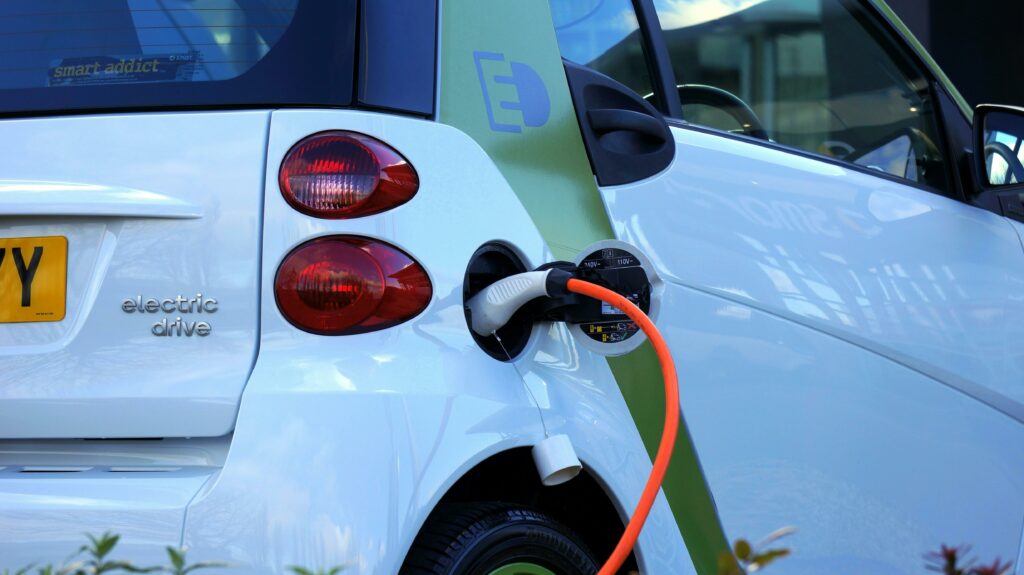- The Electric Car Scheme unveils the top misconceptions and myths around EVs in the UK.
- Affordability tops the chart of concerns around EVs for nearly 70%.
- Battery health, Cost and Range Anxiety also concerns for drivers, but demand increasing as costs come down.
LONDON, UK. 22nd August, 2024 – The Electric Car Scheme is revealing the biggest concerns Brits have about EVs, and the myths and misconceptions that are stopping them from making the electric switch.
As part of The Electric Car Scheme’s latest research report, Affording Sustainability, the EV salary sacrifice provider surveyed 2,000 Brits to find out what, if anything, is hampering uptake of EVs.
By far the biggest barrier for most Brits considering making the switch to an EV is the initial cost of the car, 68% of people singled this out as a key aspect preventing them from getting an EV. It is a well-known issue, but one that is steadily reducing, as the introduction of more entry level models into the market brings costs for new EVs down.
The used EV market, where prices are far lower, is also increasing demand for EVs, so much so that since introducing used cars into its offering, The Electric Car Scheme is now seeing that they make up half of its sales.
Range anxiety is still a concern for around 40% of Brits, according to the data, but with a record 6,000 new public chargers installed in the first three months of 2024 alone, this problem is beginning to ease. Battery technology is also improving at a rapid pace, with several recent announcements, including one from Chinese EV firm Zeekr, indicating that batteries could soon be charged from 10% to 80% in as little as 10 and a half minutes using ultra rapid charging stations. It is also increasing rare to be caught short in an EV, with data from The AA showing that just 1.4% of breakdowns were due to running out of charge, only just above the figure for petrol or diesel.
While the cost of running EVs is generally a key advantage, it is still a concern for 34% of Brits. On the whole though, running an EV is considerably cheaper than an equivalent petrol car. The most recent analysis by The Electric Car Scheme shows that in fact, EV drivers are currently effectively driving for free, as of July 15 Petrol car owners had already spent as much on fuel as the average EV driver will spend on charging for the whole year.
Battery reliability is a concern for 31% of prospective EV drivers, but in fact, this is among the easiest issues to control. Data from battery health experts ClearWatt showing that with careful charging habits batteries can lose just 5% of their performance after seven years of use and over 85,000 miles covered. However, they also found that one specific EV that was regularly rapid charged to 100% saw 30% degradation in just three and a half years.
Patrick Cresswell co-founder of ClearWatt said: “Electric vehicle battery degradation varies significantly depending on usage patterns and thermal management. It’s well-known that the original Nissan Leaf experienced high rates of degradation (due to a lack of effective battery cooling) and the picture has certainly improved in the second and third gen EVs that have come to market in the preceding years. While most modern EVs maintain battery health well however, outliers certainly do exist and this is usually linked to how the vehicle has been treated.”
The Electric Car Scheme CEO and Co-Founder Thom Groot commented: “We have reached the stage in EV technology and infrastructure where the old concerns are becoming less and less important and, in fact, many of them have become myths or at least misconceptions. The availability of rapid chargers has made the long drive just as feasible as in any other car, and with proper care, batteries are now incredibly reliable.
“The main concern is, instead, affordability, which was the biggest barrier for 68% of Brits, way out in front of any concerns around range, reliability or resale value. This is why we started The Electric Car Scheme, to make EVs more affordable and help increase uptake ahead of the coming phase-out of traditional cars. It is also the reason that our used EV proposition has been so popular, with it now making up half of our sales, as when EV’s become cheaper up-front than petrol equivalents it really is a no-brainer to make the switch.”

